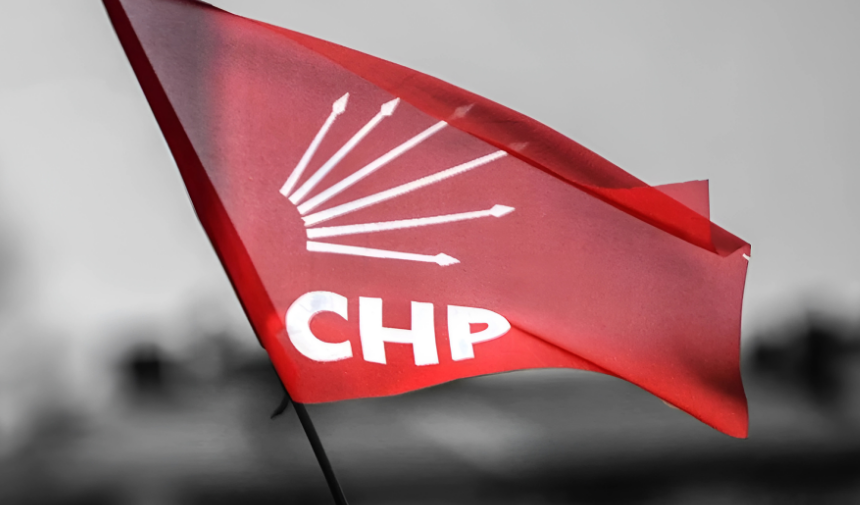Personal Finance Management, Budgeting, Savings and Investment Strategies
Personal financial management is the process by which individuals effectively plan and manage their income, expenses, savings and investments to achieve their financial goals. In this article, we will discuss how you can improve your financial health by providing comprehensive information on budgeting, saving and investment strategies.
Budgeting: Balancing Income and Expenses
Budgeting is one of the cornerstones of personal finance management. Careful planning of income and expenses is the first step to achieving financial goals. You can follow these steps to create an effective budget:
Identify Your Income:
The first step is to identify all your sources of income. This can include salary, self-employment earnings, investments and other income. Knowing your total income helps you plan your expenses accordingly.
Categorize Your Expenses:
Categorize your expenses into two categories: fixed and variable expenses. Fixed expenses are those that are the same every month, such as rent, mortgage, insurance and loan payments. Variable expenses are those that change monthly, such as food, entertainment, and travel.
Track Your Spending:
Tracking your expenses regularly keeps your budget under control. For this purpose, you can use an app or spreadsheet to record your expenses.
Set Savings Goals:
Set savings goals by balancing your income and expenses. Saving for an emergency fund, vacation plans or long-term investments increases your financial security.
Saving for the Future: Saving for the Future
Saving is an important part of maintaining your financial health and meeting your future needs. By developing savings habits, you can be better prepared for unexpected expenses and long-term goals.
Create an Emergency Fund:
An emergency fund provides financial security in case of unexpected expenses or loss of income. It is generally recommended to create an emergency fund that will cover your living expenses for 3 to 6 months.
Automatic Savings Plans:
Set up automatic savings plans to make saving easier. Transferring a certain amount from your salary directly into your savings account helps you save regularly.
Avoid Unnecessary Expenses:
You can boost your savings by avoiding unnecessary expenses. Prioritize your needs when shopping and avoid impulse purchases.
Develop Savings Habits:
Small savings habits can make a big difference. Simple steps such as saving energy, using public transportation or following discounts can help you save more.
Investment Strategies: Increasing the Value of Your Money
Investing is an effective way to grow your savings and achieve your long-term financial goals. With the right investment strategies, you can increase the value of your money and achieve financial independence.
Identify Your Investment Goals:
Before investing, identify your short, medium and long-term financial goals. Develop investment strategies according to your goals, such as retirement savings, home ownership or your children’s education.
Assess Your Risk Tolerance:
Assess how much risk you can take in your investments. Your risk tolerance varies depending on factors such as your age, financial situation and investment goals. High-risk investments can potentially bring high returns, but they can also bring greater losses.
Diversification:
You can minimize risks by diversifying your investments. Investing in different asset classes such as stocks, bonds, real estate and mutual funds keeps your portfolio balanced.
Long-Term Investments:
Think about your investments in the long term. Be patient with market volatility and focus on your long-term investment goals to avoid being affected by short-term fluctuations.
Professional Help:
Seeking help from a professional financial advisor when investing can help you make informed and strategic decisions. Financial advisors can guide you in managing your investment portfolio and achieving your financial goals.
Conclusion:
Personal finance management is a process that involves budgeting, saving and investment strategies. By carefully planning your income and expenses, developing regular savings habits and making informed investment decisions, you can maintain your financial health and achieve your financial goals. In this process, it is also important to constantly review your financial situation and update your strategies when necessary. By taking disciplined and conscious steps in personal finance management, you can have a more secure and comfortable financial structure in the future.



